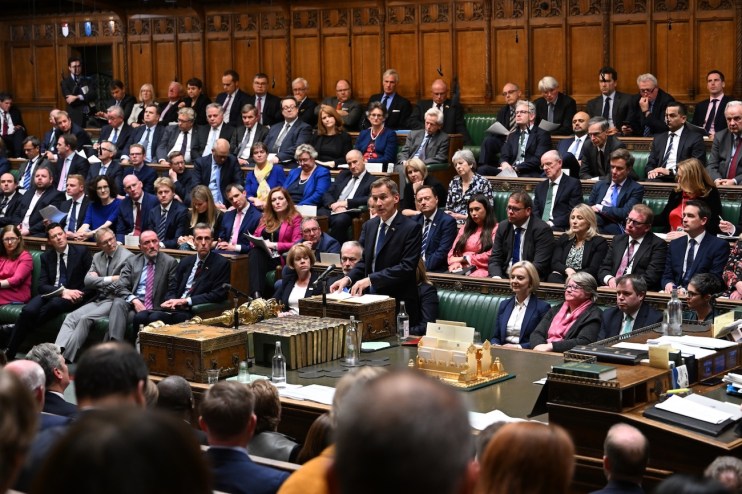High-tax, high-drama, and out of ideas: Where next for the British economy?

High-tax, high-drama, and impossible to predict: welcome to Britain in 2022. God help anybody trying to drum up foreign investment onto these shores at the minute.
Forget being sure about what the tax code might look like in a year’s’ time – at the rate we’re currently moving, it’s hard to predict what it’ll be tomorrow morning.
There is a very good argument that, considering the mess made by former Chancellor Kwasi Kwarteng, Bank Governor Andrew Bailey and others over the past few months, Jeremy Hunt had no choice but to row back on all elements of the mini budget. Certainly, markets seemed to respond positively yesterday.
But the wider context is more important: a plan, cack-handed as its delivery was, to inject some dynamism into the British economy has gone by the wayside. And it’s happened in large part because the country, and the economy, isn’t ready to be weaned off the cheap money that has underpinned everything from house prices to runaway government spending in recent years. The high was great – but the cold turkey brought on by higher interest rates is painful.
Hunt u-turn
The challenge now for Liz Truss is to simply survive. Jeremy Hunt, who appeared yesterday to have already taken power, has a bigger conundrum.
Britain needs growth, A more competitive tax system would have helped, but that’s gone by the wayside thanks to his predecessor’s miserable communication. So now he has supply-side reform as his only weapon.Is any of that likely to get through a restive House of Commons? It is hard to be optimistic.
Who, then, will step into the breach and deliver enough growth to keep the good ship Britain sailing on? As ever, it will be the City of London. The engine room of HMS Britannia, the City must be freed to grow, and quickly. Enough talk about letting the Square Mile compete – if the Treasury wants to fill the coffers, it’s time to give our most successful businesses the power to grow.